(Those of you in the know - I've run across another activity with this name but I couldn't find it in any of my books. My memory tells me in involves those foam puzzle squares for kids where you can remove the letters, numbers and animals from the inside of the square. Ringing any bells? Is it a Project Adventure activity? Let me know if you know. Thanks.)
The goal for each team of 3 to 5 players, is to spell as many words as possible in two minutes.
Words must be spelled out in their entirety on the ground using the letter tiles in order to count for points. (Chris Cavert: In other words, letter tiles must be moved into a line that spells out the word to be scored - you can't just shout out words without moving the tiles into place.)
Teams may brainstorm words for as long as they want before performing the task. (Chris Cavert: During the brainstorming session words may not be written down - it's a verbal storming only.)
Needs & Numbers: You'll need one Alphabet set (26 letters), one Rule Card (PDF download below), a few sheets of paper, (a clipboard if you have some), and a pen for each group of 3 to 5 players.
RULES:
1. Teams are challenged to spell out - using the letter tiles - as many different words as possible in two minutes.
2. Teams may only use one set of 26 letter tiles - A to Z.
3. Words may not be repeated and must be spelled out in their entirety to be counted. NOTE: Words can only be used once in their singular or plural form (e.g., Plate or Plates - both cannot be listed).
4. Words spelled out with the letter tiles must be written on paper to be counted in the end.
SCORING:
10 Points are earned for each word spelled (minimum of 5 letters).
20 Bonus Points are earned for each word longer than 8 letters.
30 Bonus Points are earned for each word longer than 10 letters.
| alphabetsoup_rulecard.pdf |
During the planning phase Teams can ask me questions, which I may or may not answer depending on the question - I avoid solving any 'problems' for them. When the four minutes expires I get their attention and ask for any final questions. Then I give them the "GO!" for the two-minute scoring round.
During the two-minute scoring round(s) I observe how they 'play the game' - are teams following the rules. I'm looking for things we can talk about after the timed round. When the two minute scoring round is over I ask each team to score themselves based on the point values listed on the Rules Card. Before asking some questions about the overall 'Planning & Playing' process I wait until everyone is done with their math (this could take a minute) and then I ask groups to share out their scores.
Here are some questions I tend to ask:
- What strategies did you come up with during your planning session?
- Which strategies worked for you during the timed round? Which strategies did not and why?
- On a scale of 1 to 5, 5 being 100%, how well did you follow the Rules?
- If you didn't score a 5, what rules were difficult to follow?
- What is your opinion about rules? What if we didn't have any rules - what would that be like?
- How was your score? Good? Not so good? Excellent? Could have been better?
- How are you feeling about your score in comparison to other groups?
- In what ways does it matter to you about the 'scores' of other groups? [We can go a lot deeper down this rabbit hole if it aligns with group objectives - lots to explore here.]
After the first 'Planning & Playing' process (when there is time and energy for it), I give the groups three minutes to plan before going into another scoring round. After the second round I give them two minutes to plan before the third and final round. I also inform the groups that words may not be reused across scoring rounds.
There is A LOT to dive into with Alphabet Soup - "Simply Deep" I'm calling it. Do you have other Simply Deep activities. Let us know in the Comments!
All the best,
Chris Cavert, Ed.D.

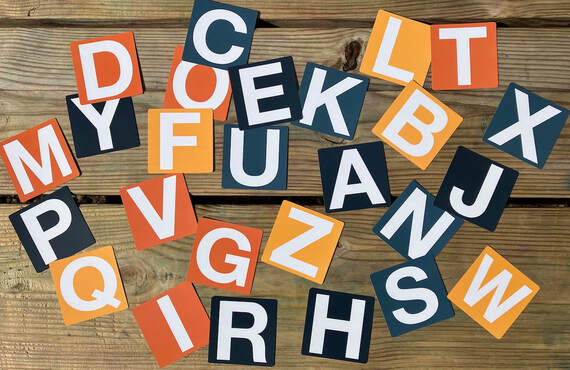
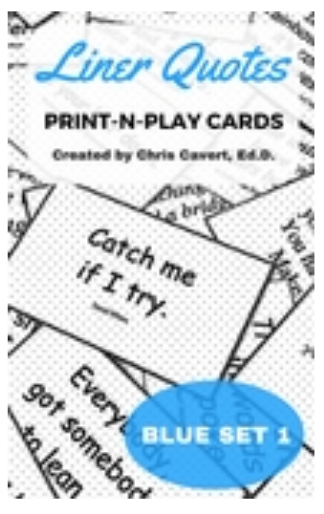
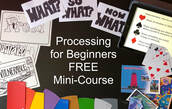
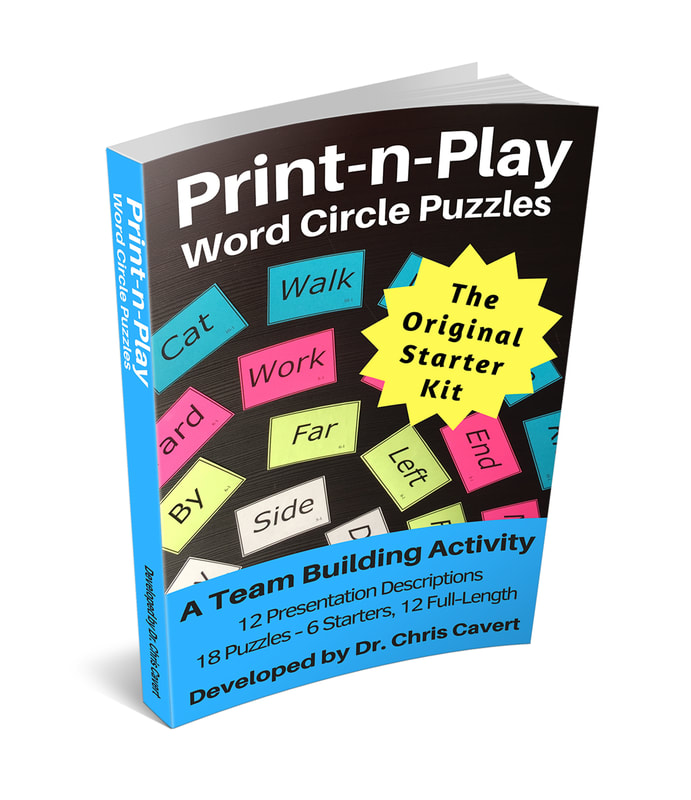
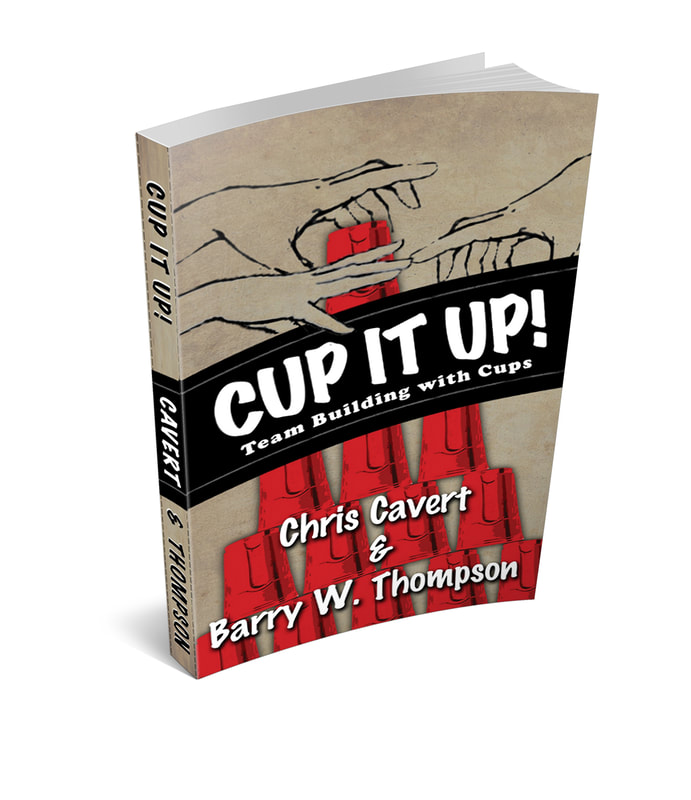
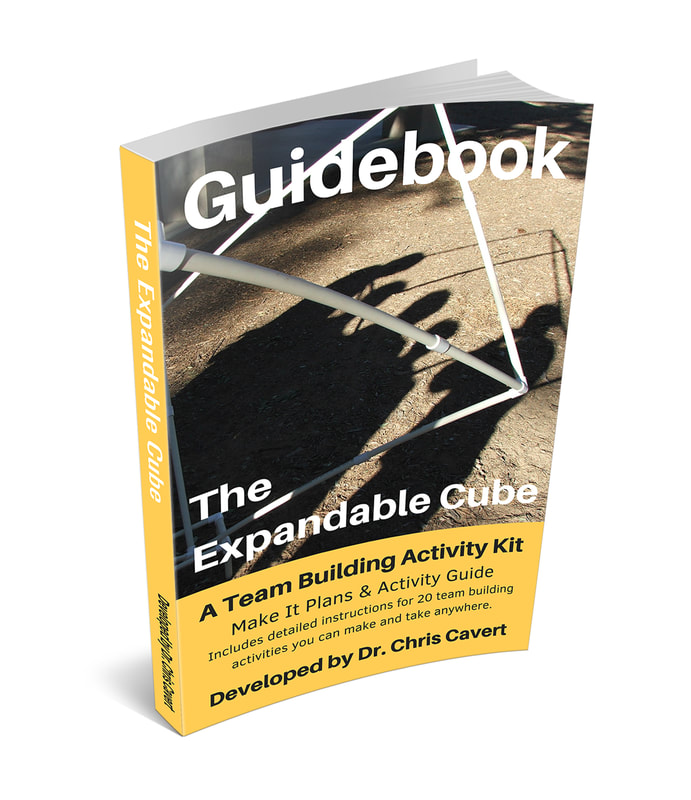
 RSS Feed
RSS Feed